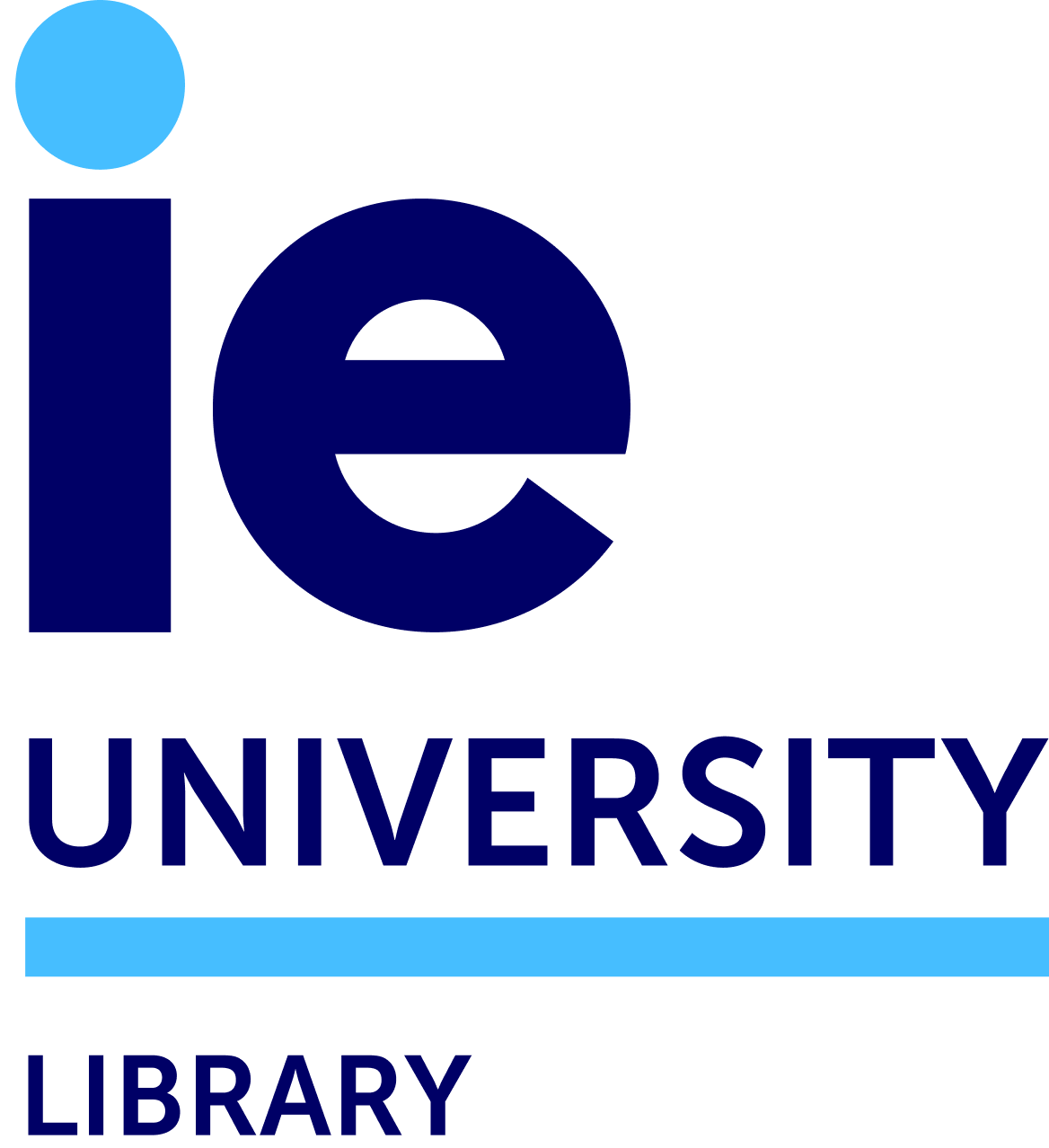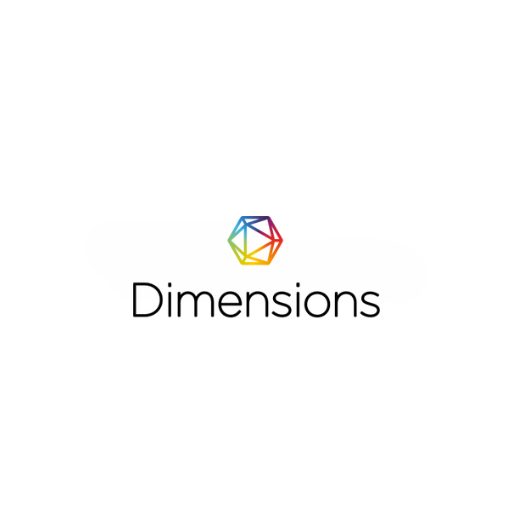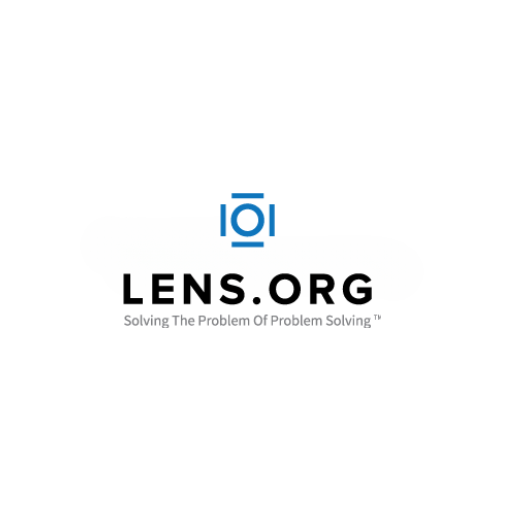Where and how do I search for information?
When doing research for a dissertation, work, or future publication, finding information can be challenging if you’re not sure where to start. Here are some helpful tips for your research. At the IEU Library, you have two main options for searching for information: our Worldwide catalog or E-resources and databases section.
Alternatively, you can use our Worldwide catalog, which provides access to almost 10 million materials including books, articles, journals, videos, and more. Watch this video to learn how to access each type of item.
Some tips to get the best results:
- In our Worldwide catalog you can access electronic and printed items. If you know the author, title or ISBN, write it directly in the search box.
- If you know the topic you want to search about, use the keyword of your choice or synonymous. Start with generic keywords and then specify.
- Use Advanced Search if you want to combine Authors, Titles, Keywords or Dates.
- Use your Library Profile in our catalog for saving results or creating lists, so you can access the articles or books later or to not lose your search.
- Further information about search techniques
PREDATORY JOURNALS
Predatory journals, also called fraudulent, deceptive, or pseudo-journals are publications that claim to be legitimate scholarly journals but misrepresent their publishing practices. Some common forms of predatory publishing practices include falsely claiming to provide peer review, hiding information about Article Processing Charges (APCs), misrepresenting members of the journal’s editorial board, and other violations of copyright or scholarly ethics. Because of their increasing prevalence, this article aims to provide helpful information for authors on how to identify and avoid predatory journals.
Learn here how to identify predatory journals
Some index where you can search which journals or publishers are predatory or not:
- MIAR: Information Matrix for Journal Analysis (Journal’s Catalog)
- ERIH PLUS (European Reference Index for the Humanities and the Social Sciences)
- Beall’s List: List of potential predatory journals and publishers (Stopped, includes non predatory journals)
- Think, Check, Submit
- Combatting Predatory Academic Journals and Conferences








